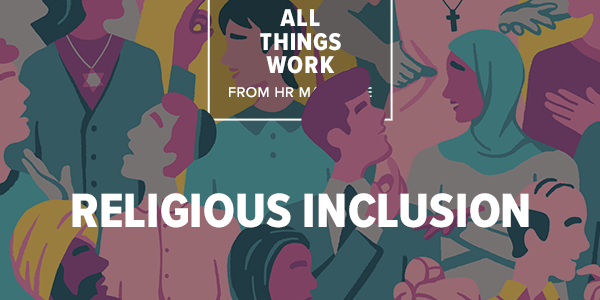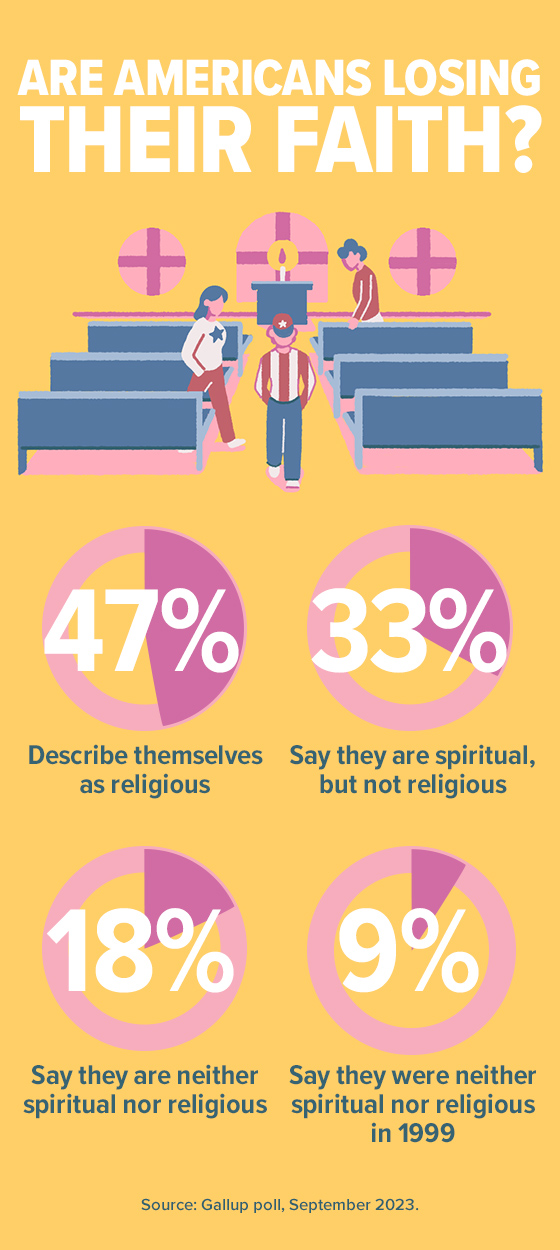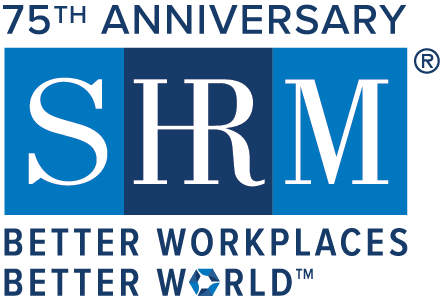Historically, legal cases involving religious discrimination at work have been rare, accounting for only a fraction of the charges brought by the U.S. Equal Employment Opportunity Commission against employers. But that began to change during the COVID-19 pandemic, when many workers sought religious exemptions from employer vaccine mandates. After two 2023 Supreme Court cases gave more weight to free speech rights and religious liberty in the workplace, the number of allegations of religious discrimination by employees is now on an upswing.
"We're entering a whole new world of religion in the workplace," says Frank Shuster, an Atlanta-based lawyer. "It's a whole new landscape." Shuster and other legal experts say the current environment will embolden more employees and advocacy groups to file lawsuits against employers, especially regarding accommodations that enable individuals to practice their faith at work.
That has some companies worried about the kinds of accommodations their workers may request. Lawyers fear dealing with questions such as: What if an employee says their faith requires them to proselytize and they do so in the workplace? What if an employee refuses to work with a gay colleague because their religion condemns homosexuality? What if a company is accused of favoring one religion over another after accommodating a faith-based request?
Some workplace experts believe that having honest conversations about faith with employees can help employers quell religious conflict at work. Others—citing examples such as the fevered pitch of the debate surrounding the Israel-Hamas war—disagree, advising company leaders to avoid wading into what can be heated religious debates.




Comments
Post a Comment